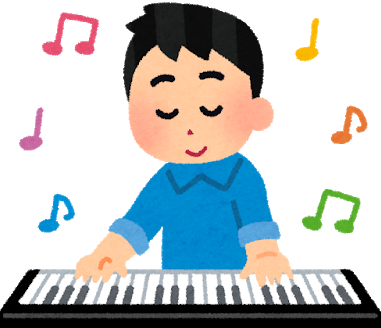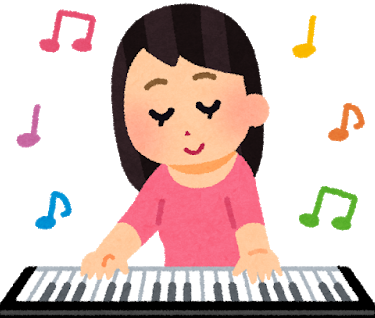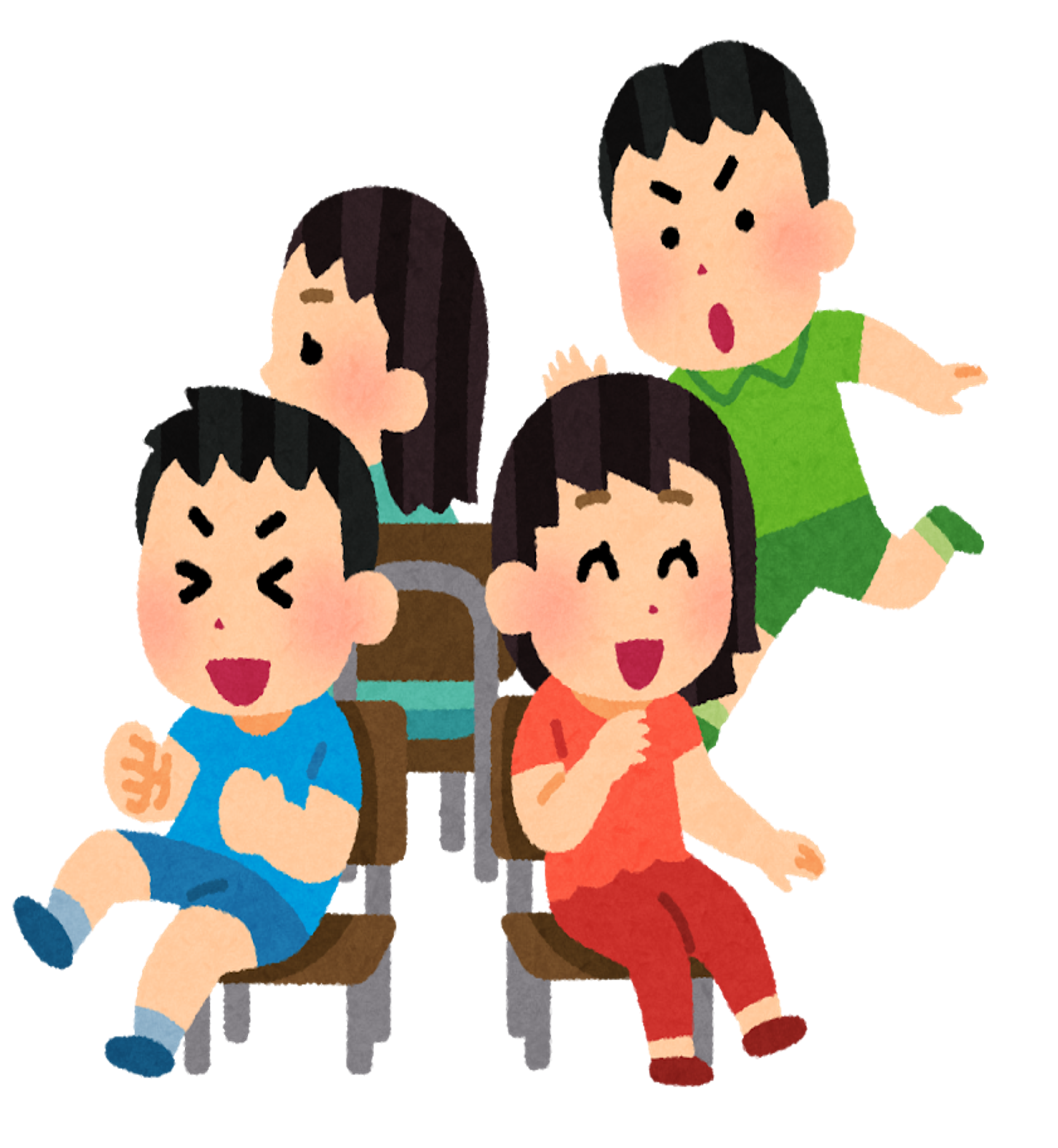GRAMMAR REVIEW
Let’s read the sentences aloud. Please repeat after me.
文章を音読しましょう。講師に続いて読んでください。
READ
DESCRIBING PICTURES
Study the picture for 1 minute. Describe each character by completing the sentences.
1分間イラストを見てください。その後、それぞれのキャラクターを表す文章を完成させてみましょう。
ANSWER
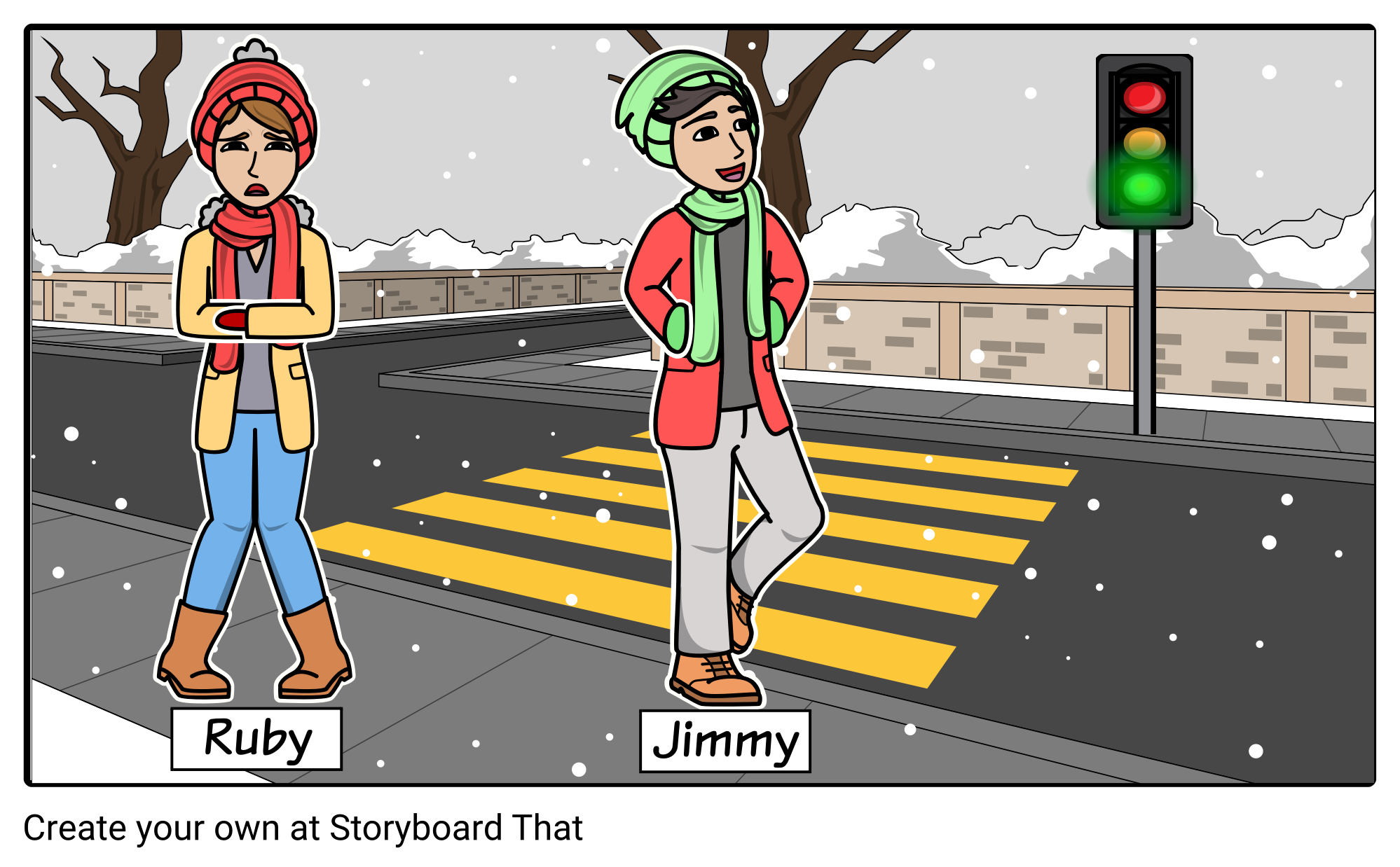
| 1. | What does Ruby feel? |
| Answer: | Ruby feels _______. |
| 2. | What does Jimmy see? |
| Answer: | Jimmy sees the __________ traffic light. |
READING ALOUD
Let’s read the dialogue. I will play Sam and you will play Alice. Then, we’ll switch roles.
以下の会話文を読みましょう。最初に講師がSam、あなたがAliceの部分を読みます。終わったら交代しましょう。
READ

Alice, would you like to walk around the city?
|
Sure, Sam. Can you see the tall building beside our office? |

Yes, that building looks very elegant and modern.
|
You’re right. I heard there are nice and cheap restaurants inside that building. I want to eat something sweet and tasty for lunch. |

Me too. I hope the food there tastes delicious.
|
I hope so, too. Let’s go! |
CHECK YOUR UNDERSTANDING
Please answer the questions in complete sentences.
質問に対して文章で答えてみましょう。
ANSWER
| 1. | According to Sam, how does the building look? |
| Answer: | |
| 2. | What kind of restaurants are in the building? |
| Answer: | |
| 3. | What food does Alice want to eat for lunch? |
| Answer: |
CONVERSATION PRACTICE
Let’s talk. Please answer my questions. You may ask questions, too.
会話練習をしましょう。講師が質問しますので答えてみましょう。また、講師に質問してみましょう。
ANSWER
| 1. | How is it living in the city? |
| Answer: | |
| 2. | How do the parks in your city look like? |
| Answer: | |
| 3. | What can you see outside your school/office? |
| Answer: | |
| 4. | Are the streets in your city noisy and crowded? |
| Answer: | |
| 5. | Are the roads in your city clean or dirty? |
| Answer: |


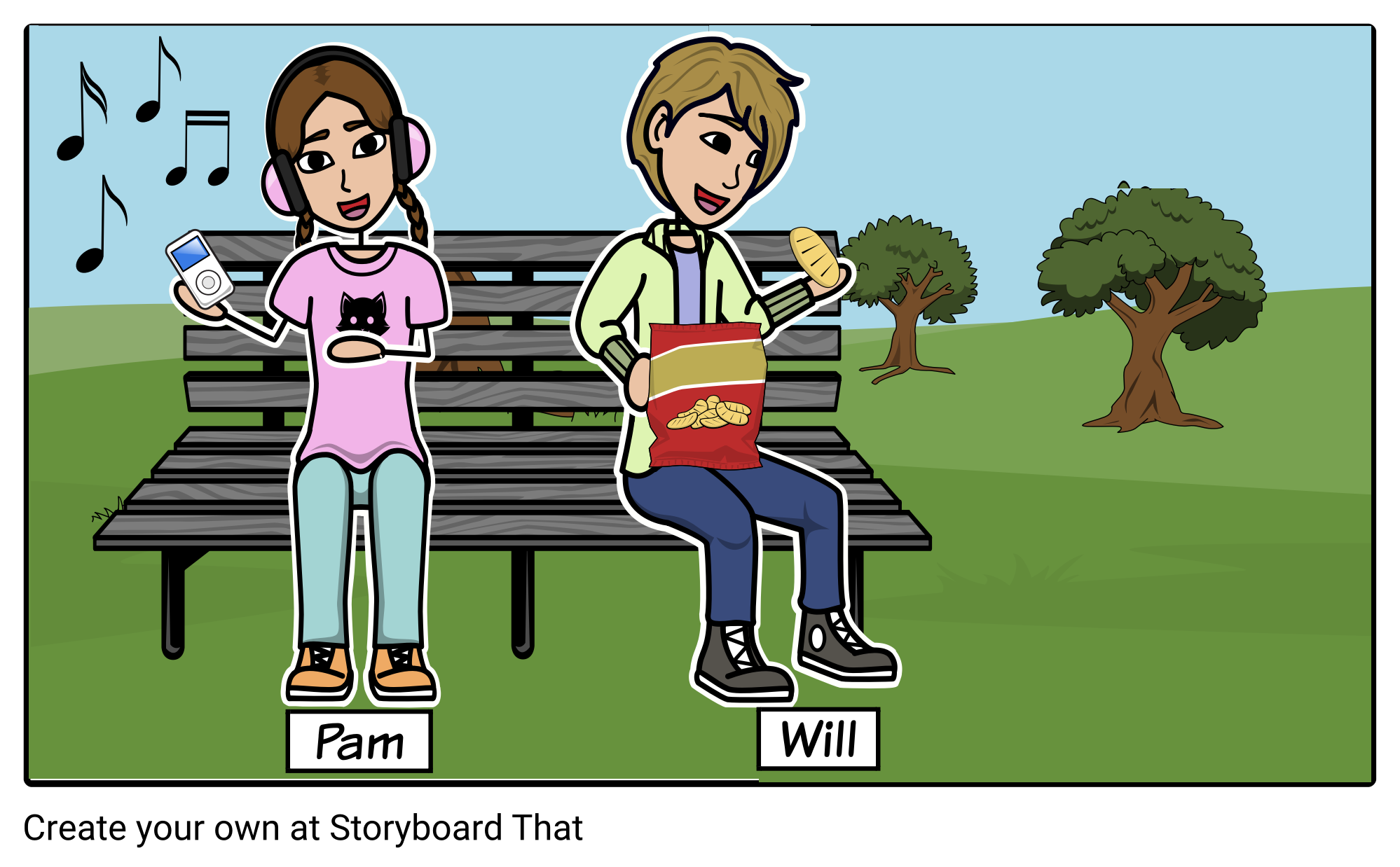


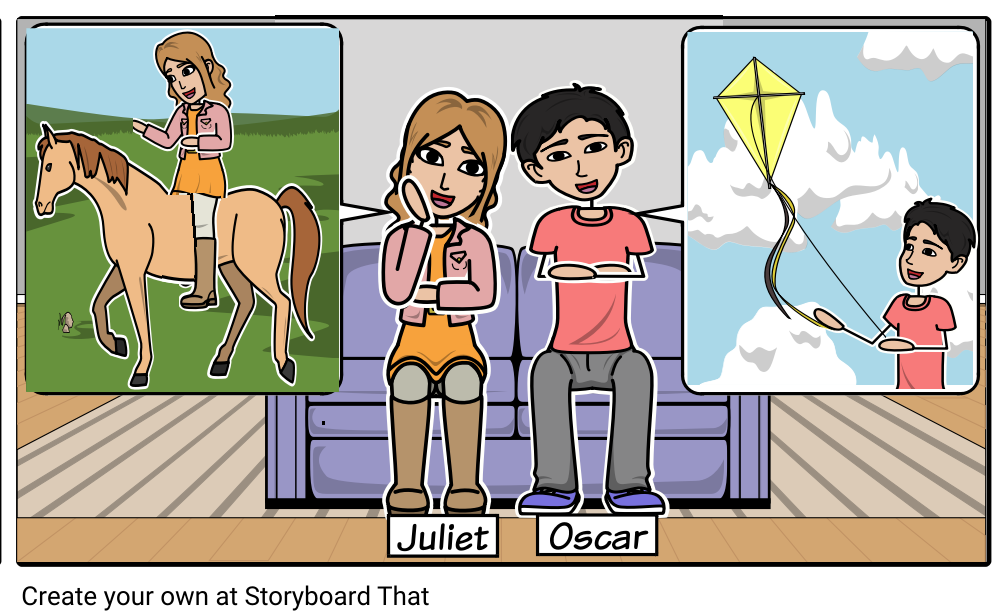
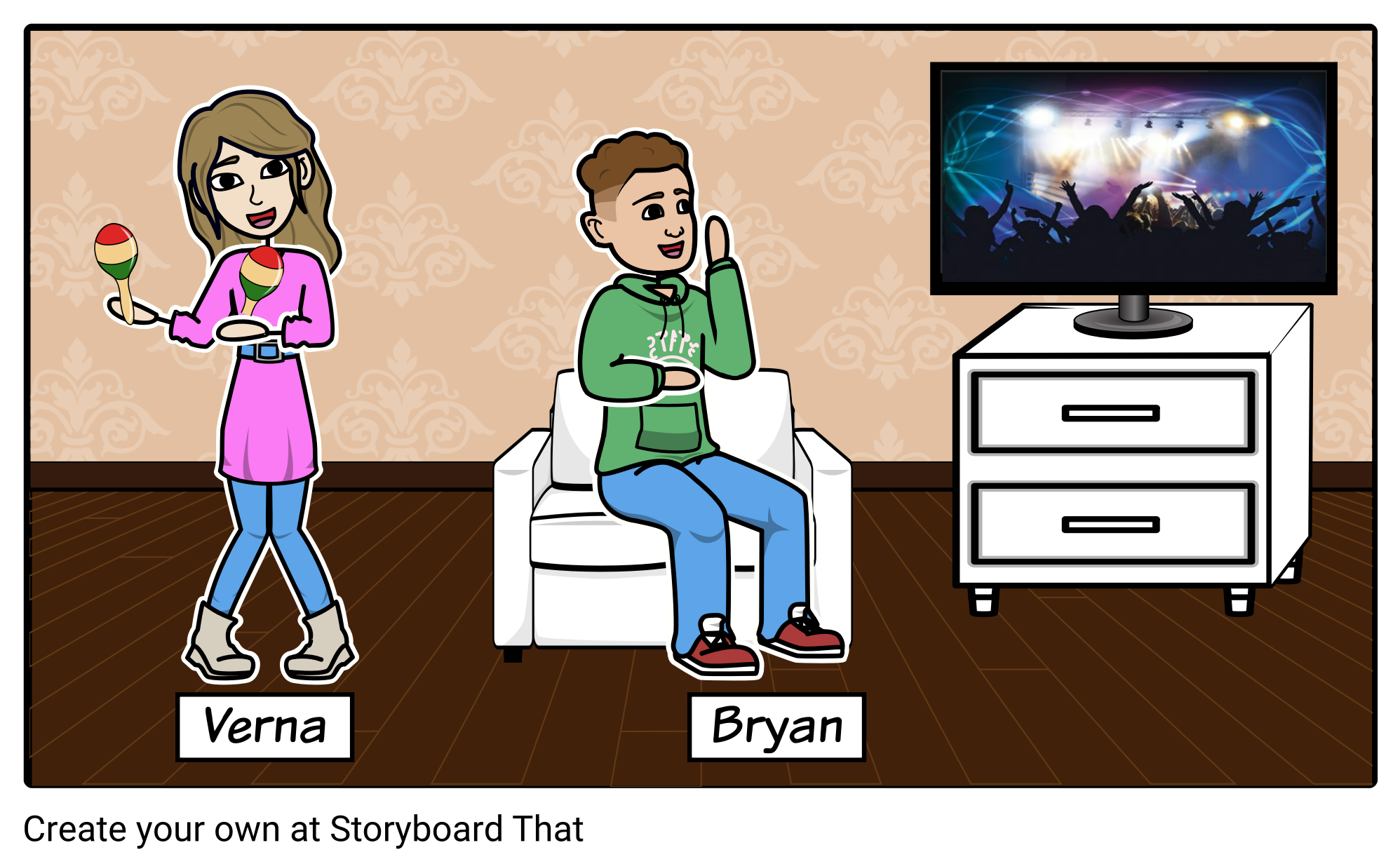
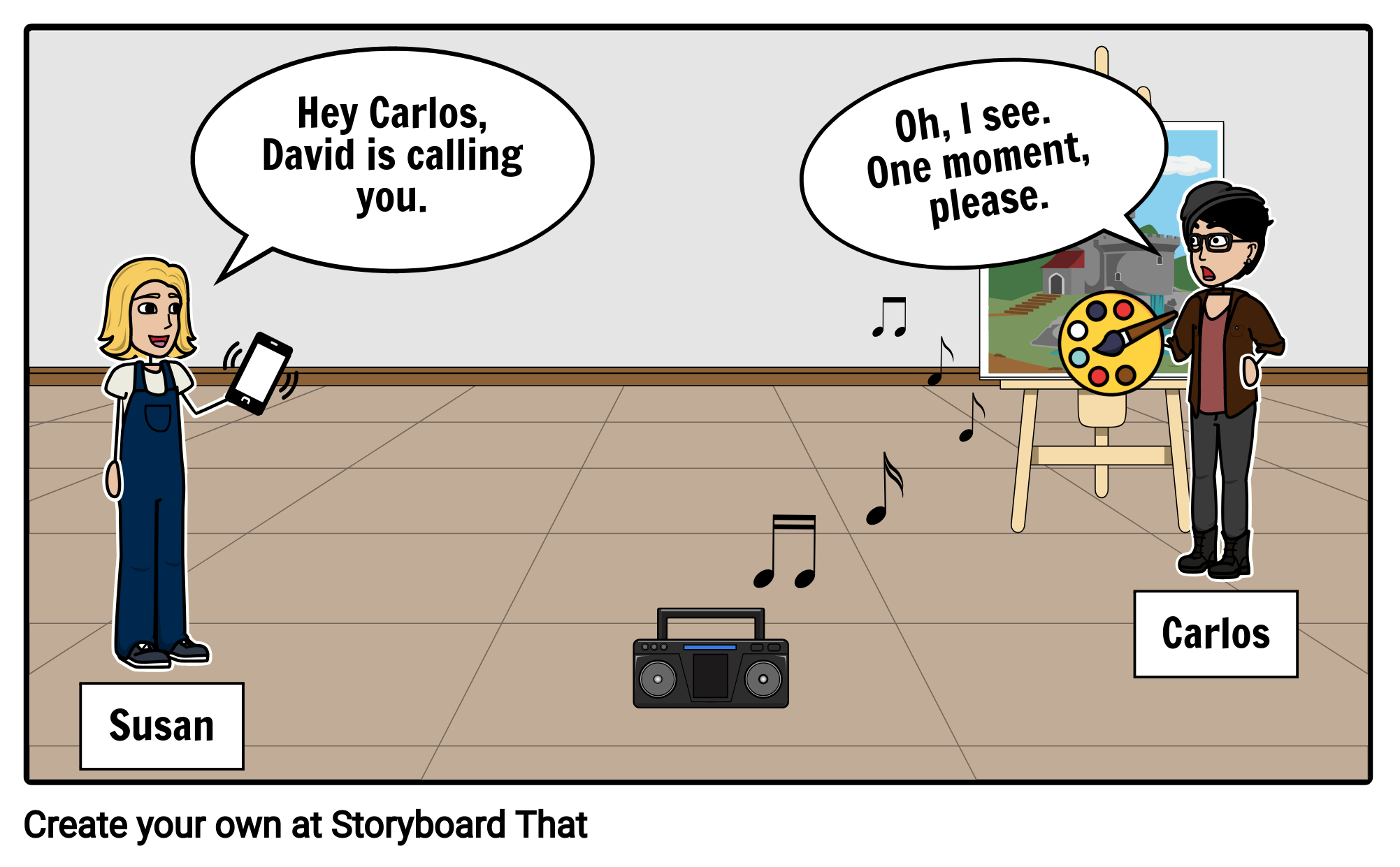
 GOOD
GOOD 



















